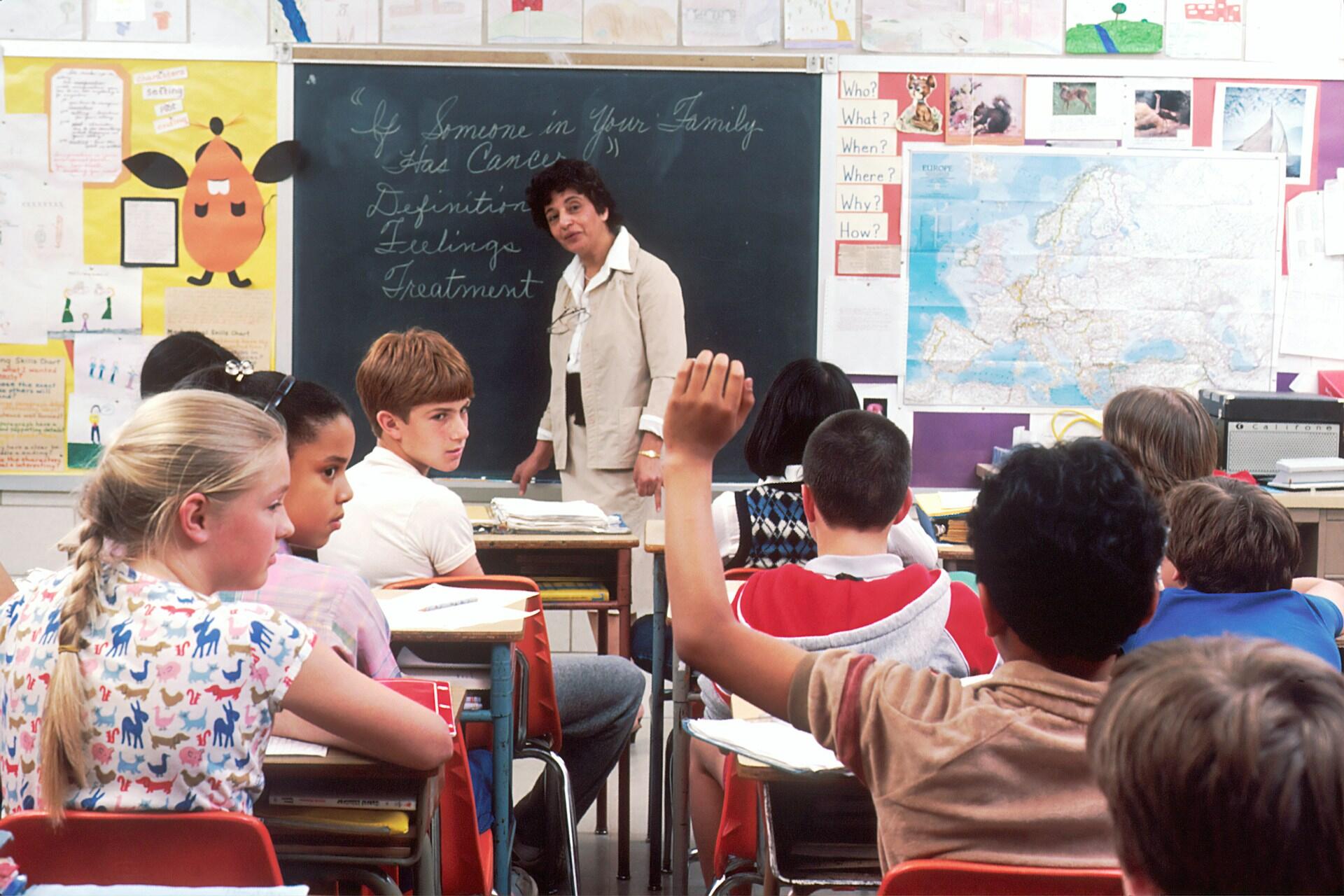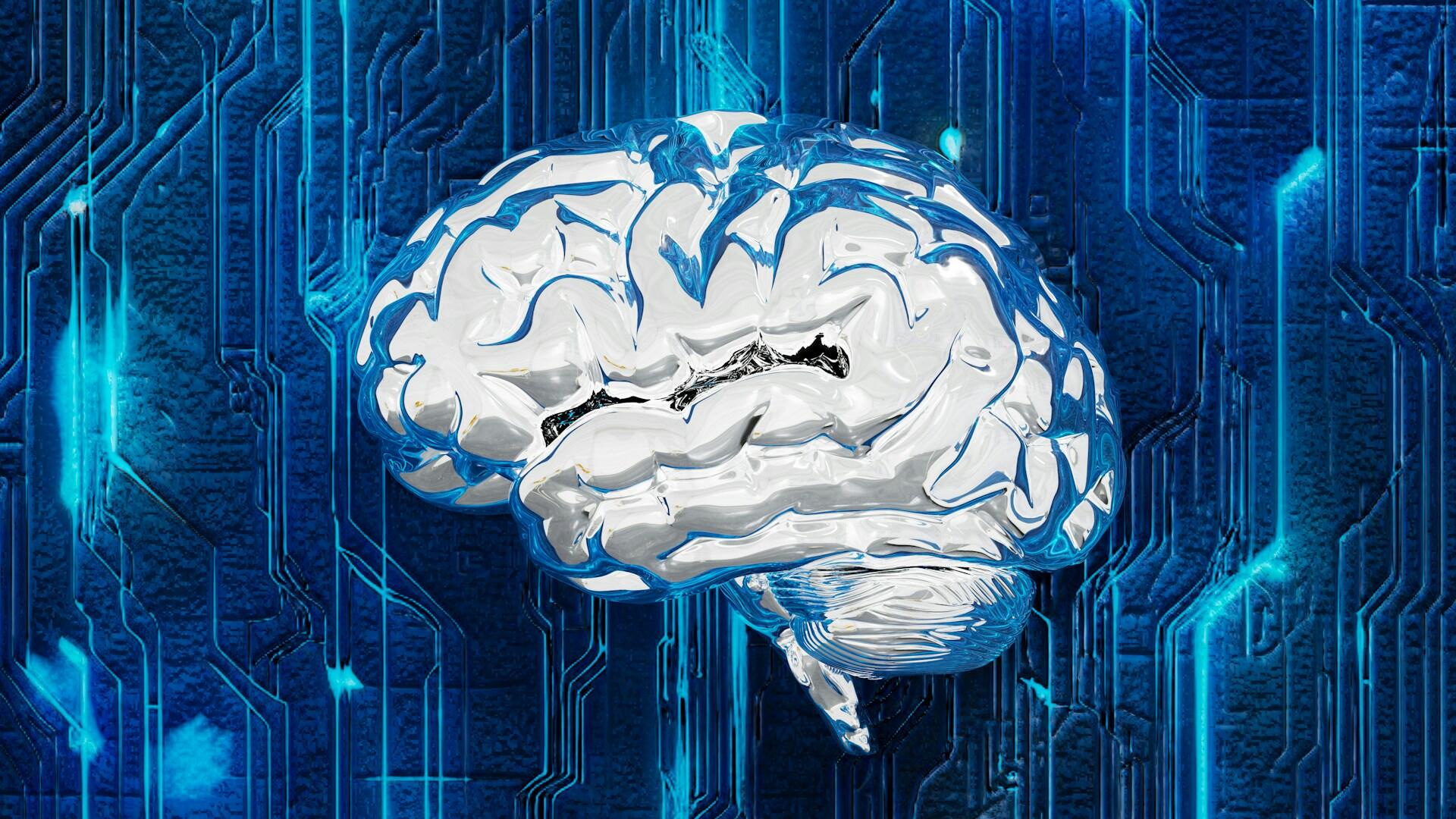Memory and creativity are essential to education, but if you teach memory incorrectly, it is a total waste of time, and it will inhibit learning.
Tony Buzan
Having good memory and creativity is more than just cognitive science traits, but they are also significant building blocks for an effective and engaging learning experience. Having said that, memory and creativity can be cultivated through cognitive science principles, especially in teaching and learning. In this article, we'll be discussing the impact of cognitive science in education in classroom learning.
| Cognitive science principles in education | Overview |
|---|---|
| Cognitive Load Theory | A theory that explains the mental load that the brain experiences when processing new information. There are three types of cognitive loads: intrinsic load, extraneous load, and germane load. |
| Retrieval Practice | A process of actively recalling information from the brain with minimal cues to foster long-term memory. |
| Interleaving | A learning technique that mixes different learning topics to help learners make connections between them to retain them better. |
| Metacognition | A cognitive process with intention and reflection in mind, to build awareness of our knowledge and what to do with the knowledge we have to foster effective learning. |

💭 What is Cognitive Science?
Cognitive science is an important field that explains how our brain works, especially through various cognitive processes such as attention, perception, thinking, language processing, and, of course, memory — all of which play significant roles in learning new things and understanding our surroundings.
📚 Why It Matters In the Classroom
For many of us, the primary way we process and learn new information, both knowledge and skills, begins in the classroom. That's why many cognitive science approaches are being used to shape many classroom practices, learning techniques, and even education policies globally 1.
When cognitive science is naturally integrated into different education levels (in fact, the earlier, the better), it can help students engage and retain information better, especially through exposure to various effective memorisation techniques.

Before going deeper into the theoretical principles of cognitive science in education, we should also be aware of some misconceptions or common mistakes that may arise when we try to implement them practically, such as the following:
Focusing too much on one aspect of a theory/
learning technique
Lack of guidance and follow-up on actual implementation
Only using one type of theory for all kinds of learning needs and goals

🪄 Principles & Applications of Cognitive Science in Learning
Now, let's examine the various principles of cognitive science in terms of their key concepts and classroom applications.
⏳ Cognitive Load Theory
Cognitive Load Theory was developed by Australian psychologist John Sweller to explain the limitations of our working memory when it is overwhelmed by excessive cognitive (mental) load in processing and storing new information. To understand cognitive load theory better, we have to explore the significance of the three types of cognitive loads that could influence the learning experience:
- Intrinsic load: The original difficulty level of processing new information
- Extraneous load: Unnecessary difficulty/effort needed to process new information
- Germane load: The mental effort used to connect and link ideas and information to store them in long-term memory
📍Identify the intrinsic load of a learning topic for students (suitable difficulty level)
📍Reduce the extraneous load of the learning topic by breaking it down into simple steps and explanations (easy to absorb)
📍Promote germane load through relevant examples and engaging visuals of the topics (easy to retain and connect)
⏳ Retrieval Practice
Next, let's look at retrieval practice. It is a process of actively recalling targeted information from your memory with minimal assistance, especially long-term memory, and is seen as a test of effective learning. The more you actively engage in retrieval practice, the more you activate the neural pathways in your brain that are connected to that particular information.
Additionally, this learning technique is often paired with spaced repetition, where you actively retrieve what you have learnt in a spaced interval (like after 2 days, 5 days, 1 week and so forth) to have a consistent revision routine to boost long-term memory.
For instance, after watching a tutorial on a new history topic, you might try to recall what you’ve learned by writing it down on a blank sheet of paper or your notebook, regardless of whether your answers are correct or not.
Then, you can do it consistently for every new topic or the same topic over a spaced interval.

📍Using some cues to trigger memory, such as flashcards, acronyms, or mnemonic devices
📍Attempting low-stakes quizzes (identify knowledge gaps)
📍Teaching someone about the topic you've learned
⏳ Interleaving
Another popular cognitive science theory that is often combined with other learning techniques is interleaving. It is the practice of mixing different but related learning topics instead of focusing on a single topic in one sitting.
When you integrate different learning topics and even formats in your revision, you can solidify deep comprehension beyond memorisation. That's because you are training your brain to recall, connect what you have learnt engagingly. You are more likely to focus better and engage in critical thinking when you're reviewing interrelated topics.
📍Promote better attention span as there's more variety when reviewing learning topics
📍Helps to enhance long-term retention through comparison (similarities and differences of concepts, for example)
📍Trains adaptability to solve different problems through different methods/outlooks (different math questions, for instance)
⏳ Metacognition
Last but not least, we'll have to talk about metacognition, which is the process of being aware of your own thinking. Metacognition consists of two main parts: your own awareness of what you already know (metacognitive knowledge) and the actions needed to make learning effective (metacognitive regulation). The three types of metacognitive knowledge are as follows:

- Declarative knowledge (recognise what works/ doesn't work)
- Procedural knowledge (how to apply the knowledge that works)
- Conditional knowledge (aptly apply the right knowledge at the right time for the right purpose)
On the other hand, the three stages of metacognitive regulation are planning, monitoring, and evaluating.
📍Constantly reflecting and reviewing your learning techniques across different subjects
📍Be open to changes and adaptations for efficiency and effectiveness
📍Come out with a systematic goal based on your reflections
🚀 Practical Strategies For Students and Educators
Now, let's look at how both students and educators can apply various practical cognitive science strategies for everyday learning and teaching practice 2 for the following four principles:
Students: Reduce cognitive load
- Focus on step-by-step instructions and review the summarised information of learning topics with relevant examples
Educators: Reduce cognitive load
- Break lessons into smaller units instead of chunking them together, and avoid unnecessary texts and visuals in learning materials
Students: Apply retrieval practice
- Participate actively in various self-testing methods to identify knowledge gaps and also the comprehension level
- Consistently revisiting the learning materials
Educators: Apply retrieval practice
- Conduct short and fun quizzes and pair discussions to encourage active recall and retrieval after teaching a new topic
- Asks students to summarise and revise past topics
Students: Foster interleaving
- Practice a variety of sets of questions in terms of topics and formats (objective and subjective questions)
- Avoid cramming and develop a habit of seeing the bigger picture and connections
Educators: Foster interleaving
- Blend different sub-topics and core skills when teaching and designing homework for a solid cumulative practice
- Encourage students to compare and transfer knowledge
Students: Activate metacognition
- Adopt a self-assessment checklist through the metacognitive regulation steps: planning, monitoring, and evaluating when learning something new
Educators: Activate metacognition
- Model a consistent metacognition routine in the classroom through self-reflection questions on the learning process, and also what students feel about what worked/ didn't
💡 Benefits and Challenges
If both students and educators truly commit to implementing these cognitive science strategies, there will certainly be many benefits. For students, they will certainly benefit from these memorisation techniques to have better and longer retention of new knowledge and skills.
As they improve their memory and acquire knowledge, they would also gain confidence and more motivation in learning, regardless of their learning age and goals 3. On the other hand, educators would also learn how to plan their lessons more effectively in terms of teaching materials and methodology, particularly before, during, and after their lessons.
For example, an educator who is well-versed in metacognition would encourage students to share their feedback about what they have learnt in terms of the effectiveness of the teaching method, and also their overall comprehension of learning topics.
Of course, we cannot ignore the challenges that may arise as a result of implementing these cognitive science strategies. Granted that classroom learning is full of unpredictability with students of different learning preferences, learning pace, and even subjects, which may pose different cognitive loads to different students, it takes lots of creativity and adaptability to implement these strategies to achieve the best outcomes. For example, some students may prefer the blocking method to master a new topic before trying out interleaving to learn other sub-topics.

To learn more about the significance of cognitive science in education, you can always connect with an experienced psychology tutor to master them to implement them in classroom learning, whether you are an educator or a student.
At Superprof, you can enjoy personalised one-to-one psychology tutoring regardless of your learning level and topics. Just head to the Superprof UK homepage to start browsing the tutors' profiles and review their essential information, from their teaching experience, current location, qualifications, teaching specialisation, methodology, past students' reviews, and also their hourly rates.
Once you have decided, you can book your first lesson with your desired tutor via the messaging feature on their respective profile. The best news is 97% of Superprof offer their first lesson for free, so it's a great opportunity to learn with ease! Have fun exploring the world of cognitive science and psychology!
References
- Mercanti-Anthony, M. (2021, July 1). Using cognitive science to boost learning. Edutopia. https://www.edutopia.org/article/using-cognitive-science-boost-learning/
- How should cognitive science be used in developing teaching practice? (2021, July 8). Cambridge University Press & Assessment. https://www.cambridge.org/news-and-insights/insights/How-should-cognitive-science-be-used-in-developing-teaching-practice
- Janio, J., PhD. (2025, April 18). From interpretation to observation: A more grounded way to assess learning. Psychology Today. https://www.psychologytoday.com/us/blog/how-we-learn/202504/is-cognitive-science-really-helping-in-the-classroom
Résumer avec l'IA :




















